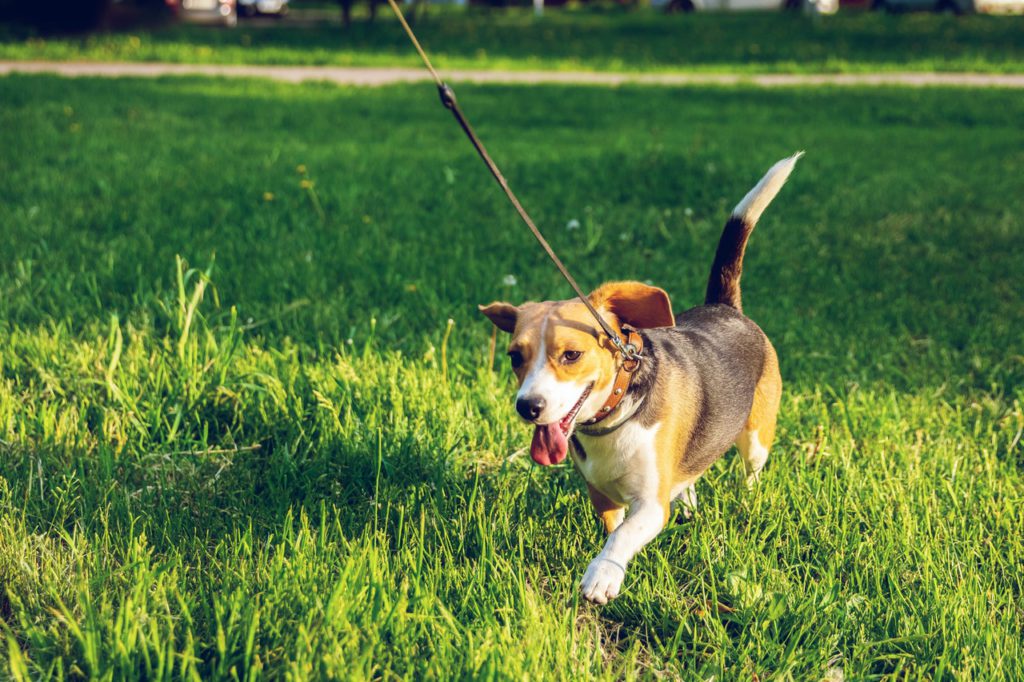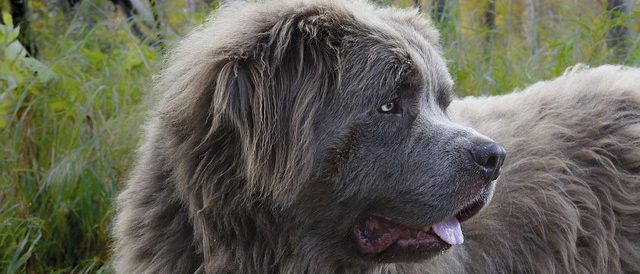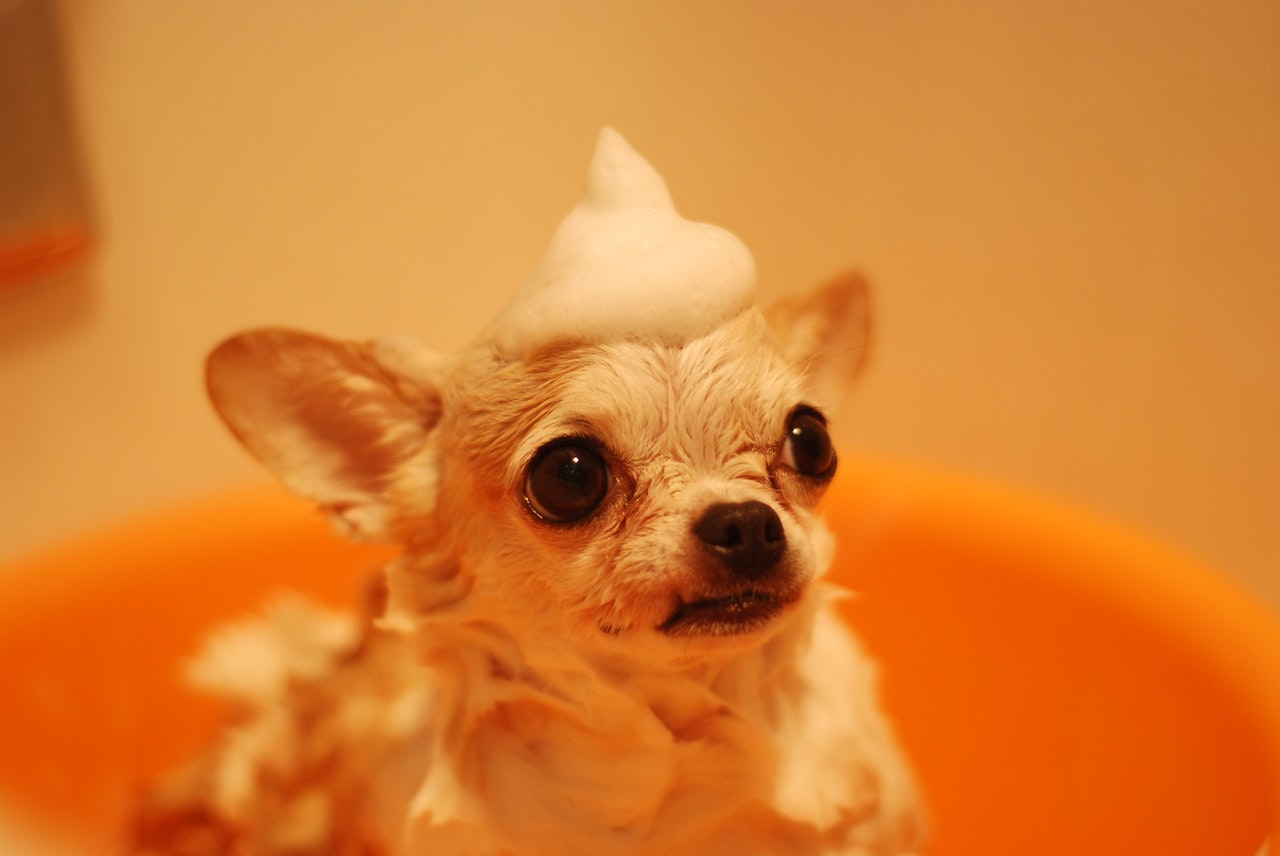When we talk about caring for a dog it is quite clear that the health of the dog, its happiness, fitness and vitality to every owner should come first.
Just as a healthy man is a happy man, so a healthy dog is a happy dog!
With proper care, your pet will be happy, satisfied, fulfilled, and everything together will certainly have a positive effect on his overall physical and mental condition.
In addition, an old folk proverb says; “Better to prevent than to cure”, which in this case means that you will prevent possible accidents, injuries or illnesses by caring for your pet with care and attention.
1 Provide your dog with a balanced diet
The health of a dog primarily depends on his diet, ie the types of food you serve him for a meal.
Take a look at the first five ingredients listed on the dog food label.
These ingredients should definitely be found on your pet’s menu.
Thus, a balanced ratio of protein, carbohydrates, fats, minerals and vitamins is key to a dog’s perfect health.
However, keep in mind that feeding a dog, that is, the type and amount of food that a dog will consume depends on a number of factors.
Dogs’ needs for nutrients can vary depending on physical activity, age, reproductive status, health status and the like. so the dog’s diet should be adjusted according to them.
Proper nutrition is an excellent prevention of obesity, which, just like in humans, poses an increased risk for the development of many diseases.

2 Fresh water for dog health
Every living being, including a dog, needs to take in sufficient amounts of fluid, which is of great importance for the proper functioning of the whole organism.
Thus, water is of key importance for the dog’s health as well.
The water must always be clean and fresh, so it is necessary to change it at least once a day.
Clean the water tank regularly with dishwashing detergent to prevent the development of bacteria and algae, especially in the summer.
In sub-zero temperatures, make sure that the water does not freeze.
How much water does a dog need?
A healthy dog should drink about 60 ml of water per kilogram of body weight per day.
However, keep in mind that the type of food a dog ingests greatly affects his daily water needs. For example, those dogs that eat solid food will need larger amounts of water.
3 Take care of sufficient physical activity
A physically active dog is a healthy dog!
Physical activity preserves the health of the whole organism, maintains fitness, stimulates blood flow and circulation, and at the same time prevents boredom.
Research has confirmed that regular physical activity can improve a dog’s mental health and reduce some forms of behavior such as fear, restlessness, nervousness, irritability and the like.
However, it is important to note that each animal is individual and that each individual has different requirements in terms of physical activity. Some breeds are more energetic and need far more movement, running and activity, while others need a light walk once or twice.
and times a day.

4 Brush your dog’s hair regularly
Regular brushing of the fur will result in shiny and healthy hair.
It is not said without reason that the health of a dog can be seen on his hair.
Brushing removes excess hair, dead cells and dirt, while improving the dog’s circulation.
Brushing promotes the secretion of natural oils that maintain moisture and contribute to a healthy and beautiful hair.
If you regularly brush your pet’s hair, you are more likely to notice skin parasites such as fleas or ticks, but also various issues such as redness, growths, sores, bumps, cuts and the like.
5 Monitor your dog’s behavior
Socializing with the dog and monitoring changes in his behavior is of great importance for early detection of any type of problem, especially health problems.
Behavioral changes such as irritability, lethargy, weakened appetite, excessive drowsiness or insomnia, etc. the most common are symptoms of pain and / or illness.
If you notice that the dog’s behavior is unusual, do not wait, but consult a veterinarian as soon as possible, who will perform a detailed medical examination of the animal if necessary, and take care of the dog’s health.





